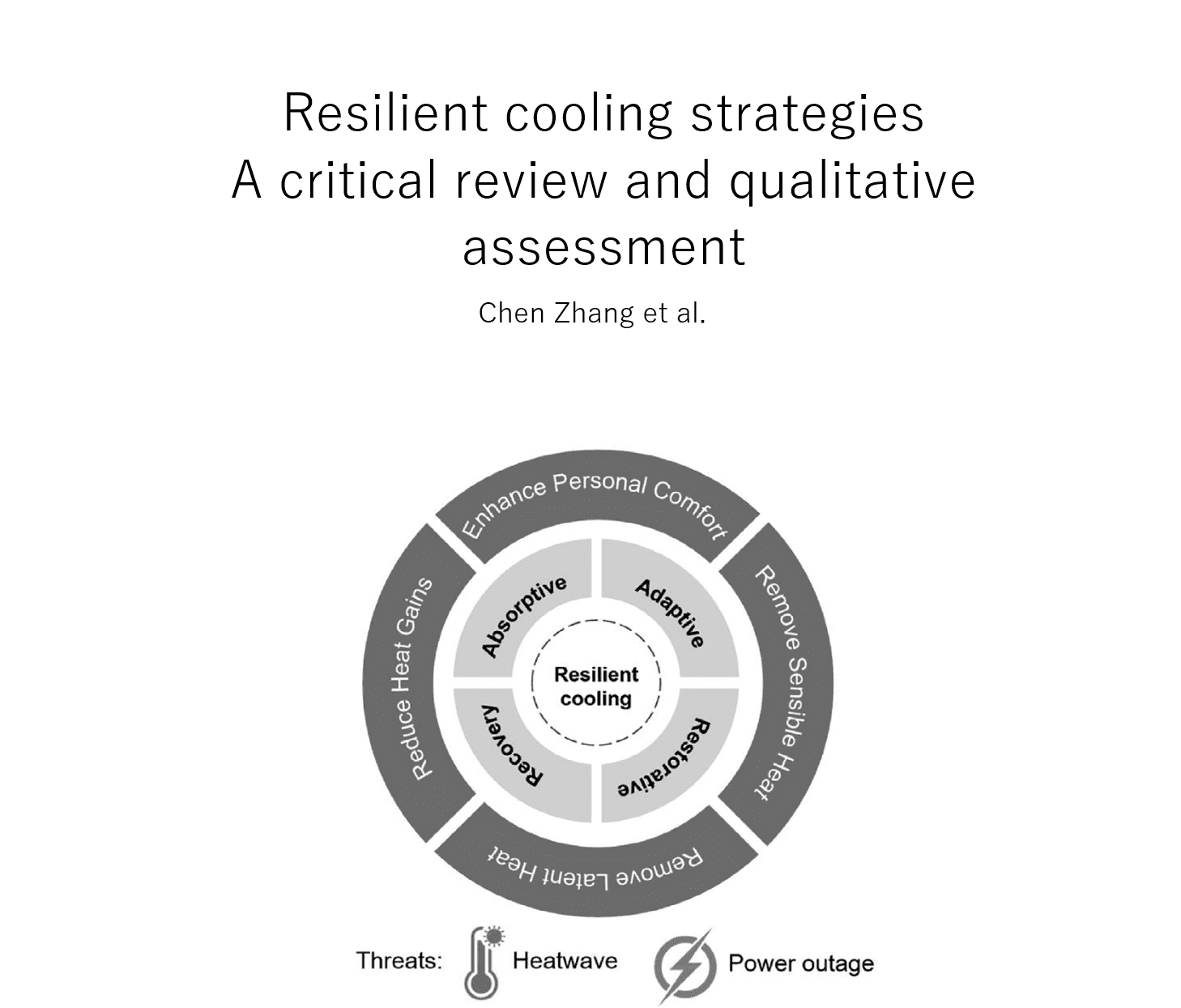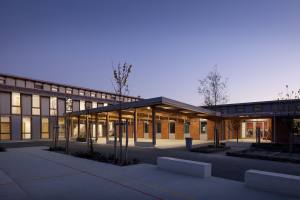Resilient cooling strategies – A critical review and qualitative assessment

The global effects of climate change will increase the frequency and intensity of extreme events such as heatwaves and power outages.
This study explains how there are limitations for building design in relation to the balance between “reducing carbon emissions” and “resilience”. It points out that in the majority of the occasions a “trade-off” needs to happen. It aims to “define resilient cooling strategies” and evaluates them for extreme events and how their resilience performs.
As indicated on the abstract: “This study performed a critical review on the state-of-the-art of cooling strategies”. It describes “four criteria for resilience: absorptive capacity, adaptive capacity, restorative capacity, and recovery speed and used them to qualitatively evaluate the resilience of each strategy”.
” The building and relevant cooling system characteristics should be considered simultaneously to withstand extreme events. A combination of strategies with different resilience capacities, such as a passive envelope strategy coupled with a low-energy space-cooling solution, may be needed to obtain resilient cooling”.
This is an excellent document to take into account during the design stage of any building. Refer to the next link for the complete document:
https://www.sciencedirect.com/science/article/pii/S037877882100596X
